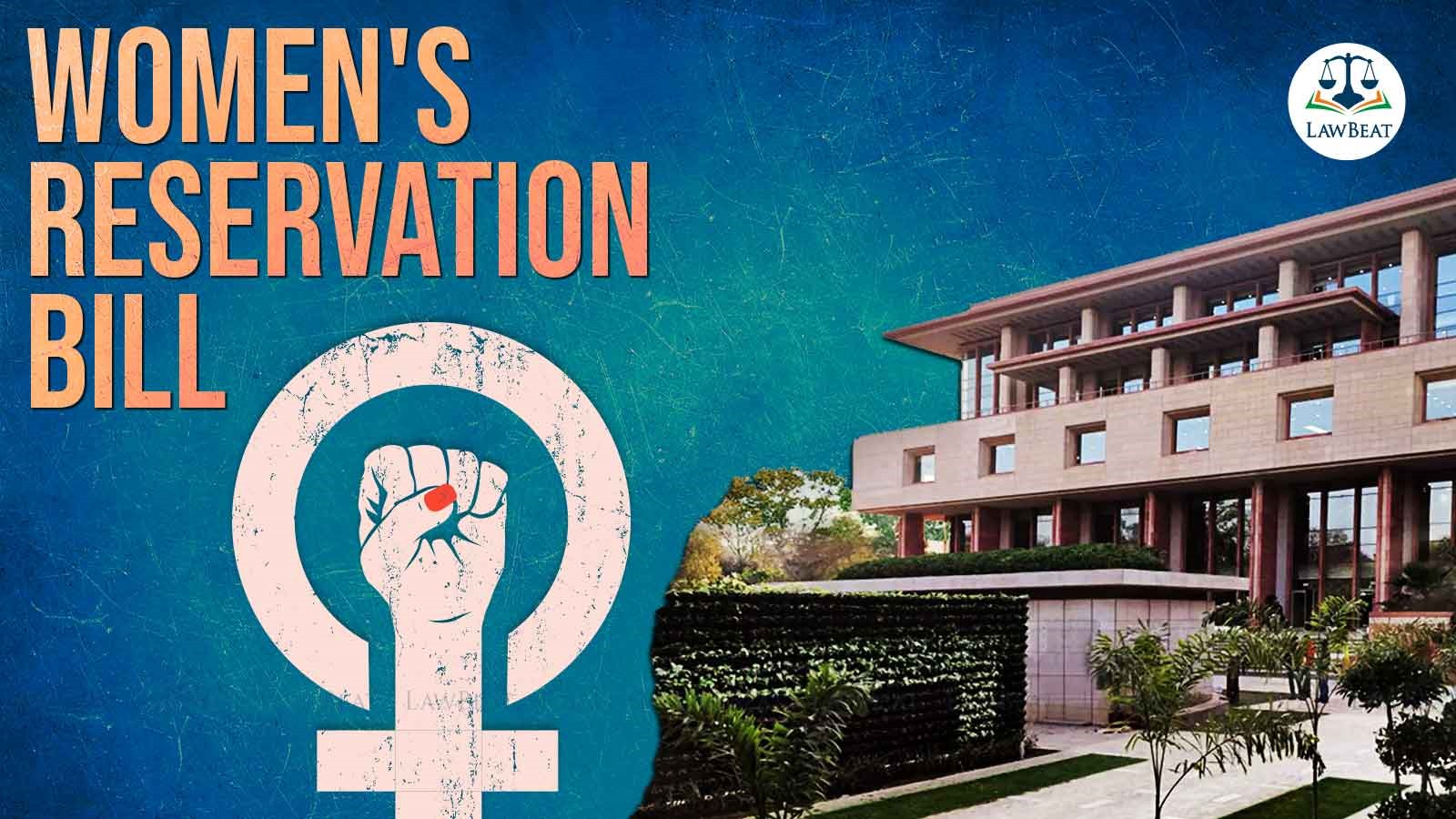Delhi High Court Rejects PIL Seeking Implementation of Women's Reservation Bill 2023 Before 2024 Elections

The petitioner expressed concern that the bill might not be implemented before 2029, emphasizing the need for swift action
The Delhi High Court on Monday rejected a Public Interest Litigation (PIL) petition that sought direction for implementation of the Women’s Reservation Act, 2023 before the upcoming 2024 general elections, which mandates a 33 percent reservation for women in the Lok Sabha.
The division bench, consisting of Acting Chief Justice Manmohan and Justice Mini Pushkarna, observed that the Parliament has already specified that the Act's provisions would be enforced after the delimitation exercise, and the courts are limited in their ability to intervene.
The bench carefully examined the Act and conveyed that if the petitioner desires early implementation, she should challenge the specific provisions stating that the reservation will be implemented post-census and delimitation.
“We cannot go behind Section 334A (the provision mandating implementation of the Act after delimitation). You will have to pray for its quashing. We cannot do anything. Parliament has specified when it will come into force… How can any court act contrary to that?" remarked the court.
Additionally, the court pointed out that another plea challenging the Act's provisions has already been filed before the Supreme Court. However, the petitioner has the option to approach the apex court for further consideration of her concerns.
The petitioner, Yogamaya MG, a Delhi-based lawyer, had approached the High Court through Advocates Mamta Ranni, Nandana Menon, and Anjitha Santosh, urging the Central government to provide a definitive and expedited timeline for the implementation of the Women’s Reservation Bill 2023, citing the prolonged uncertainty surrounding the delimitation process.
The plea named the Election Commission of India (ECI), the Bharatiya Janata Party (BJP), the Indian National Congress (INC), and other major political parties as respondents.
The petitioner contended that, despite the unanimous passage of the bill in Parliament, there was uncertainty about its implementation timeline. The Women’s Reservation Bill 2023 was designed to promote gender equality and empower women in politics.
The plea underscored that the bill's implementation was contingent on the completion of a delimitation exercise based on the first census after the commencement of the Constitution (128th Amendment) Act, 2023. The petitioner expressed concern that the bill might not be implemented before 2029, emphasizing the need for swift action.
“As India marks 75 years of independence, gender parity in political representation remains a challenge. The Women's Reservation Bill 2023 is vital for translating constitutional principles into action and empowering women for active participation in shaping the nation's future. Addressing the underrepresentation of women in the impending 2024 elections is imperative. However, the bill's implementation faces obstacles, notably due to the delimitation process outlined in Article 82, leading to significant gender disparities in states with the highest constituency numbers. Achieving equality in democratic processes is fundamental for building an inclusive society," added the petitioner.
Case Title: Ms Yogamaya MG v. Union of India and Ors.
